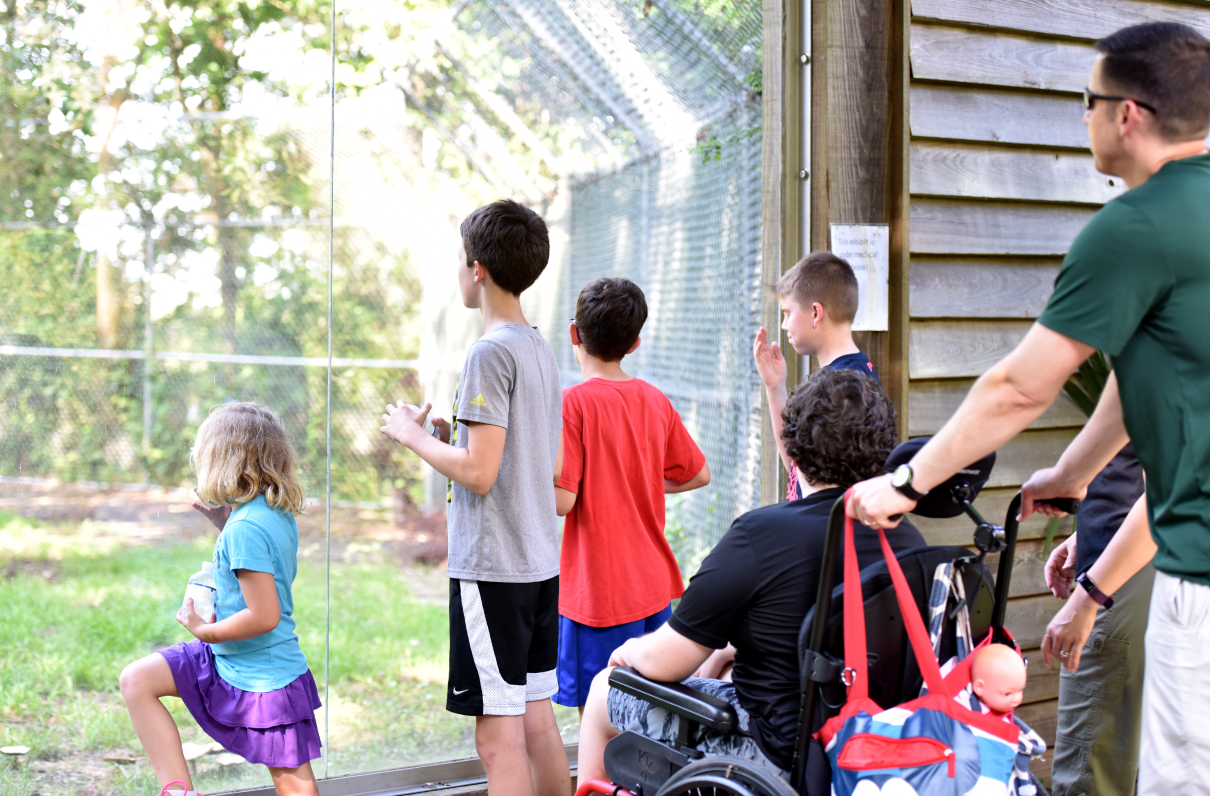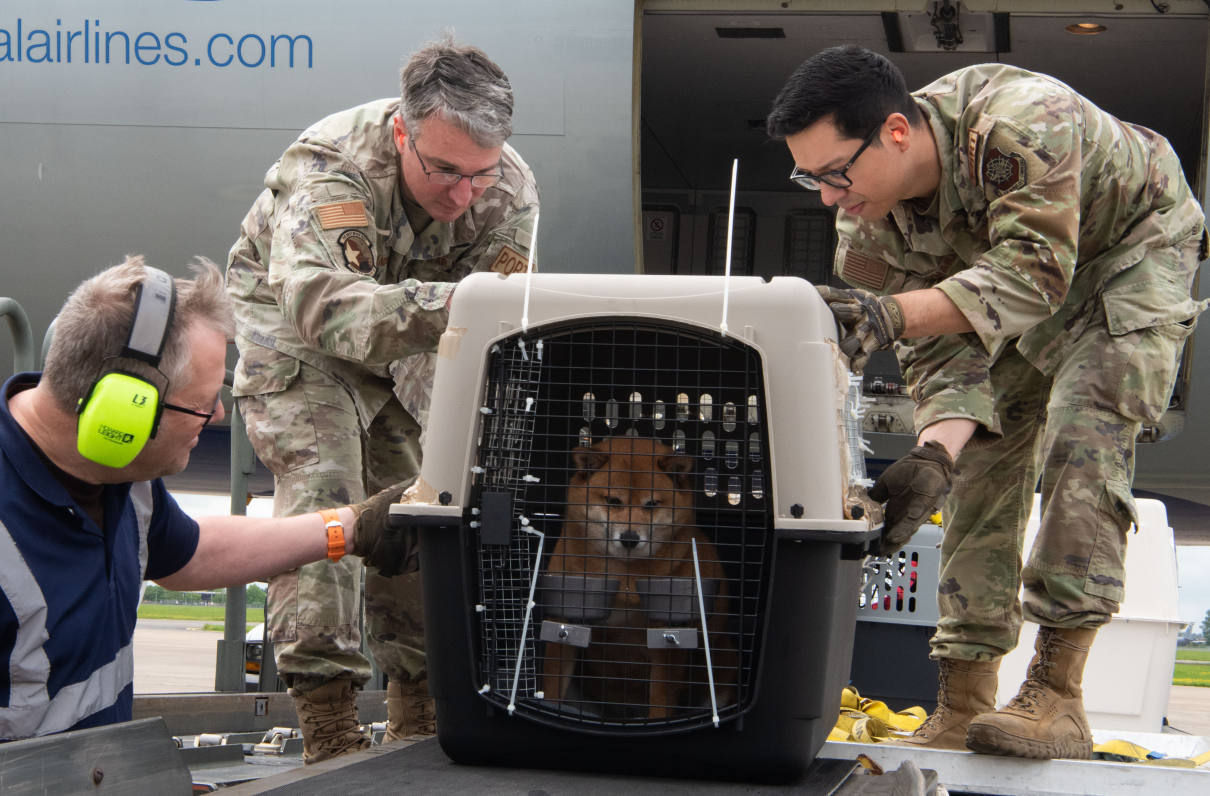Many military families in DoD’s Exceptional Family Member Program (EFMP) are struggling when it comes to finding the care they need after relocating, according to a recent, sweeping survey of the military community.
The 2019 Military Family Lifestyle Survey, compiled by Blue Star Families, reached out to more than 11,000 individuals over two months, getting feedback from active and former servicemembers and immediate family on a range of issues. One finding that stands out in the comprehensive report: “Forty percent of military family respondents who have an EFMP family member are unable to obtain a referral and be seen by a specialist in a reasonable amount of time after relocating. Respondents most commonly report the process taking too long and limited provider/specialist availability.”
Even worse: 9% of EFMP enrollees who took the survey reported “going without care or otherwise bypassing the health care system due to difficulties in obtaining referrals.” Those recipients did so via “open-ended responses”; the number may have been higher if the question had been asked specifically.
[RELATED: More Spouse and Family News]
MOAA has put forward proposals that would help these families. Chief among them: A change to TRICARE referral policy that requires EFMP families to complete their PCS move before transferring their enrollment, making an appointment with a new primary care manager, and securing referrals for specialty care. Allowing families to secure these referrals prior to their move would live the heaviest burden they’ll face as part of an already stressful process.
Other ways to improve the process include identifying actual appointment availability at the new location, not just whether providers are present, and establishing better metrics for the EFMP to keep up with changing needs.
MOAA has fought for years to improve this program. But don’t take our word for it. Here’s how one active duty servicemember described PCS experiences:
“My daughter has an extremely rare syndrome that has several rare diseases that fall under it. PCSing is always a troubling time in our family, even if we move to an area with every specialist she needs, because we are put into a situation where we can’t have her medical specialists set up at our incoming location for IMMEDIATE care. We wait to be enrolled in our new region, we wait for an appointment to see our new PCM, and then we wait for her PCM to refer us to, more often than not, outside civilian specialists. Most of the time there's at least a 3- to 6-month wait for the specialists to see new patients, and that's on top of the weeks that have already passed waiting to get in to see the new PCM and waiting for your referrals. Two of our last three PCSs, we ended up in the emergency room with life threatening complications/illness and no specialists who were familiar with her history and her diseases.”
That experience, and those of other servicemembers with similar stories, were submitted to Congress as part of recent MOAA testimony. The Military Family Lifestyle Survey adds to an already substantial stack of data pointing toward the need for a better system – MOAA will continue to fight for those improvements on behalf of military families.



